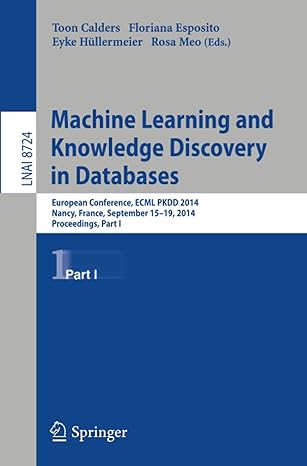Question
Question 1 1 pts How many iterations of the for loop does this program perform? int main(void) { int a[] = {1, 2, 3, 4};
| Question 1 1 pts How many iterations of the for loop does this program perform? int main(void) { int a[] = {1, 2, 3, 4}; int i; for (i = 0; i < 4; i++) { if (a[i] < 0) return 1; else return 0; } return 0; }
Question 2 1 pts What does the following program do? int main(void) { int i, a[]; a[0]=1; for (i=0; i<10; i++) { a[i] = a[i-1] + 2*i + 1; } return 0; }
Question 3 1 pts What's the problem with this code? int main(void) { int i, a[5]; for (i=1; i <= 5; i++) { a[i] = i+1; } return 0; }
Question 4 1 pts If a is declared with int a[10]; what value does sizeof(a) have?
Question 5 1 pts What does the following program do? #include
Question 6 1 pts Arrays are just pointers in disguise.
Question 7 1 pts Declaring too large an array in a function may cause a stack overflow when the function is called.
Question 8 1 pts What does the following program do? int main(void) { int a[4]; a = {1,2,3,4}; return a[3]; }
Question 9 1 pts What does the following program do? #include
Question 10 1 pts What does the following program do? #include
| Four. | ||||||||||||||||||||||||||||||||||||||||||||||||||||||||||||||||||||||||||
|
|
Step by Step Solution
There are 3 Steps involved in it
Step: 1

Get Instant Access to Expert-Tailored Solutions
See step-by-step solutions with expert insights and AI powered tools for academic success
Step: 2

Step: 3

Ace Your Homework with AI
Get the answers you need in no time with our AI-driven, step-by-step assistance
Get Started


